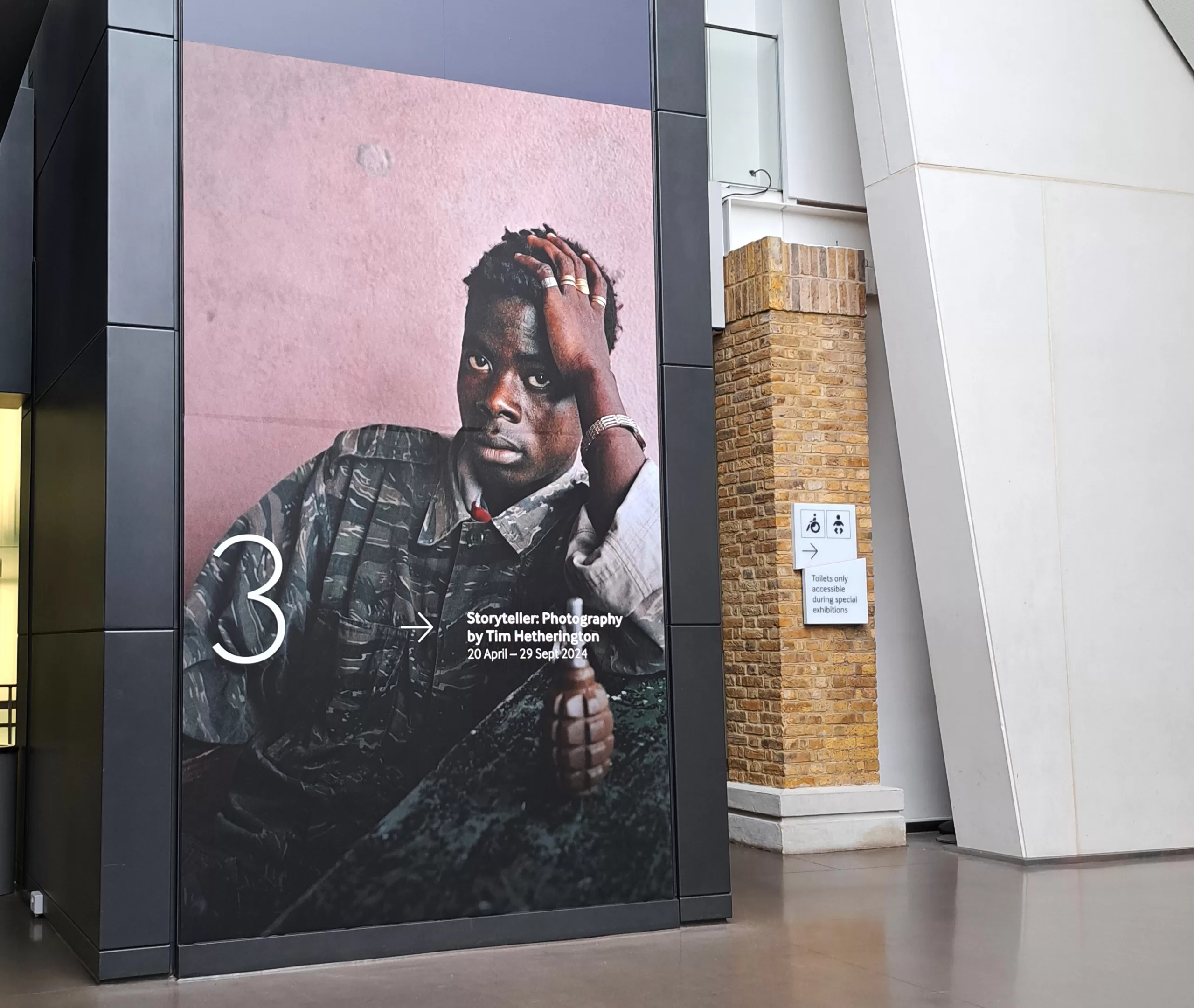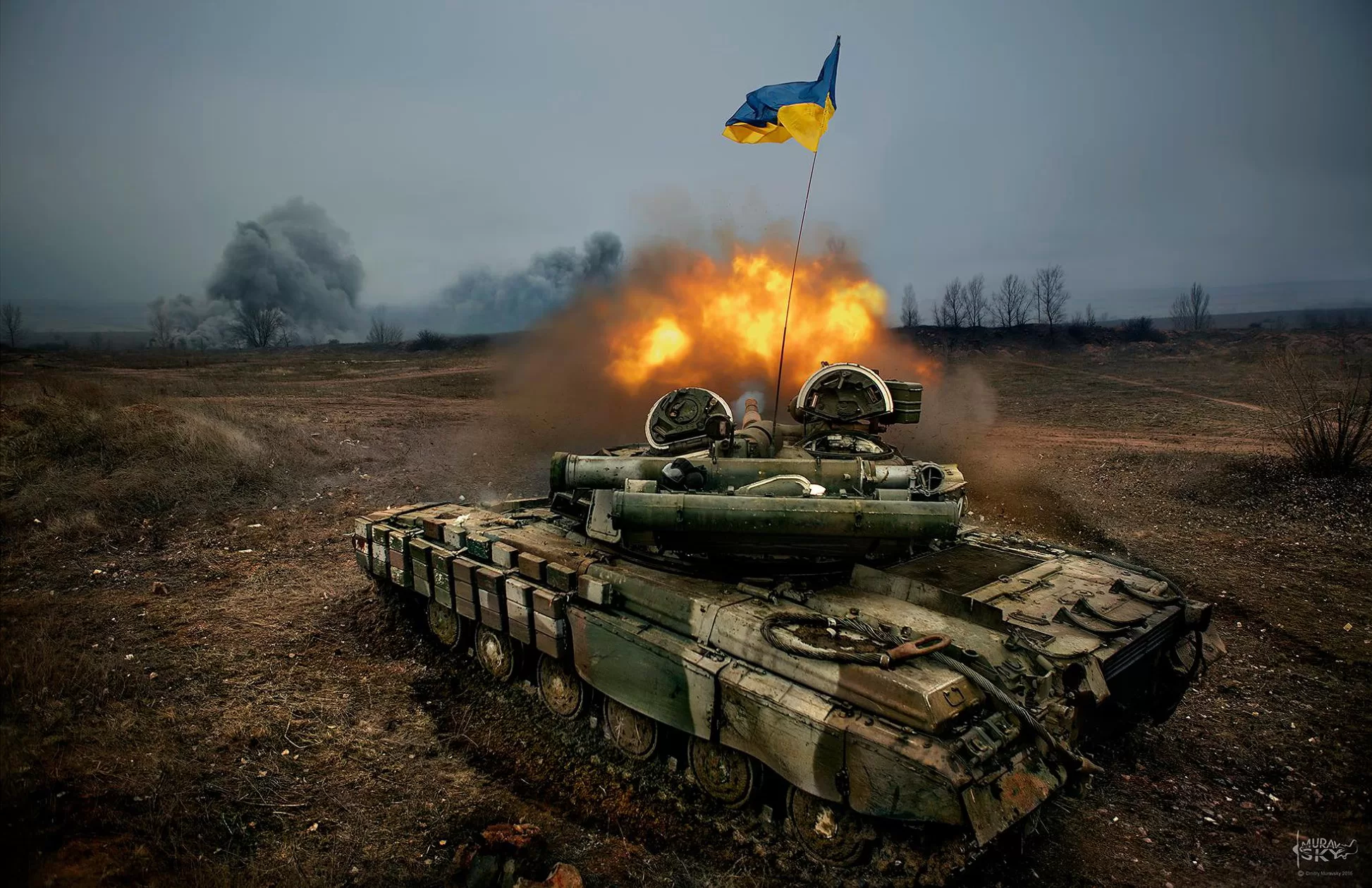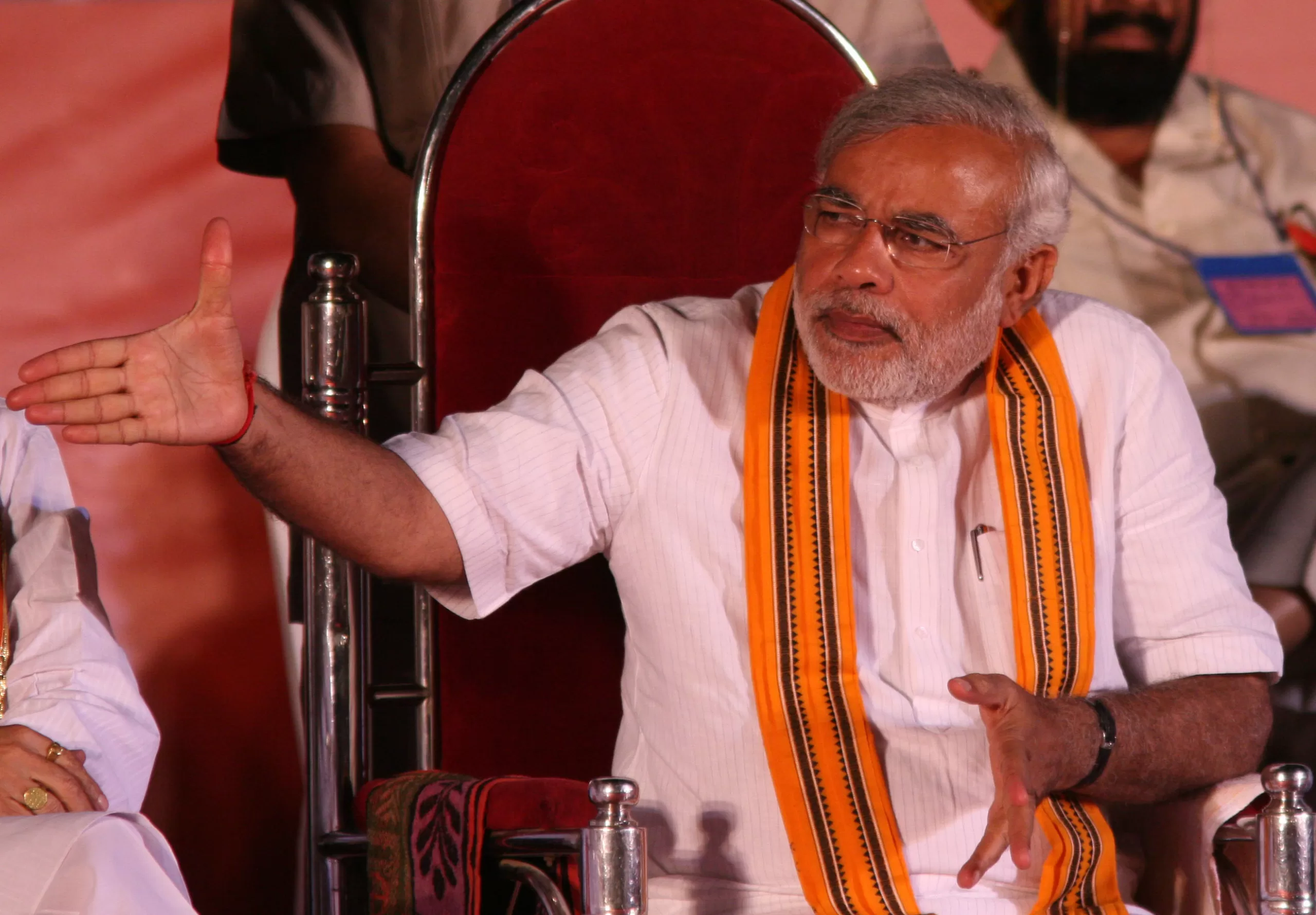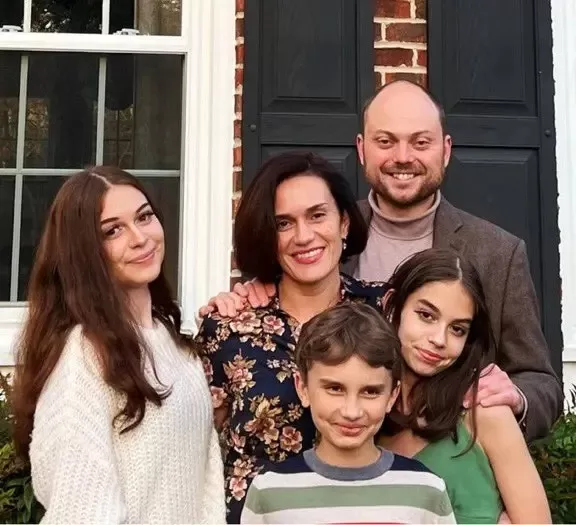The killing of documentary maker Christian Poveda represents a sad loss for a region much in need of greater understanding, writes Deborah Bonello
The first, last and only time that I met the French-born filmmaker and photographer Christian Poveda was on 1 April of this year, when I interviewed him in an apartment he was renting in Mexico City while doing promotion for his film, La Vida Loca.
I’d seen the documentary the night before at a screening attended by Poveda, who fielded questions on why he chose to spend 16 months following members of El Salvador’s notoriously violent 18th Street gang with a video camera. It is a film that could well have brought him to his violent end.
Poveda was shot dead on Wednesday 4 September just outside San Salvador, the capital of El Salvador, where he lived. Sources say that the night before he was killed, Poveda confessed to being afraid and worried that the gangs were taking a turn for the worse, with a new crop of ever-more vicious leaders coming to the fore.
La Vida Loca is a groundbreaking documentary that shines a light onto the bleak lives of El Salvador’s Mara gangs. Poveda achieved unprecedented, long-term access to certain branches of the gangs and their daily lives in the capital.
I’m not one to speculate on who might be responsible for his death — the disorder, impunity and lawlessness in El Salvador means we might never know. But his murder is a terrible loss, not only to his friends, family and colleagues, but to the journalistic community in Latin America, which already suffers some of the highest rates of aggression and intimidation against members of the trade.
To Poveda, the young people who join las Maras were “victims of society”. He approached the gangs as a documentary filmmaker with an open mind and a lack of moral judgment.
As he said to me during our interview, he was of the opinion that “the majority are young boys that were abandoned at a very young age, and the fact that someone would come from another continent to spend time with them on a daily basis, filming and listening to them, for them that was something very important, that someone was paying attention.”
Many would disagree with Poveda’s assessment of the gangs that stretch across Central America to the United States. Poveda worked as a photojournalist in El Salvador during and after the 12-year-long civil war, which began in 1980. But the gangs really took on their current strength and size in the United States.
Gangs were formed by Salvadorans living on the streets of Los Angeles in the 1980s, many of who went to the US to escape the civil war ravaging El Salvador. When the peace accords that ended the war were signed in El Salvador in the early 1990s, huge numbers of gang members returned to the country, some of them by choice but most of them through deportation by US authorities. Many were sent back after completing prison sentences.
Although gangs did exist on a small scale in El Salvador before the mass return of migrants from the US, they only grew into the super-gangs they are today after the end of the civil war. The brutally violent groups have been connected with organized crime and other illegal activities across the Americas.
But however you view the gangs, Poveda did what good journalists do — he broadened the discussion, taking a new visual and journalistic angle on an issue that has become so black and white. As the United States continues to sweep the issue of immigration reform under the carpet and turn a blind eye to the repercussions of some of its policies on its smaller, poorer, weaker neighbours, Poveda put some of those realities up on cinema screens on both sides of the Atlantic for all to see.
Tragically, he paid the highest price for doing so.
La Vida Loca, which has been showing on the international film festival circuit, is coming up for commercial release in Mexico and France over the next two months. But the day after Poveda’s death, his producer Gustavo Angel was still trying to negotiate a US release for the film.
I can’t help feeling that if La Vida Loca isn’t seen by audiences within the United States, many of whom have never traveled south of the border, let alone as far south as Central America, we will miss an opportunity to advance the discussion surrounding America’s gang and immigration problems — issues that are inextricably linked.
Deborah Bonello is a blogger and video journalist MexicoReporter.com





